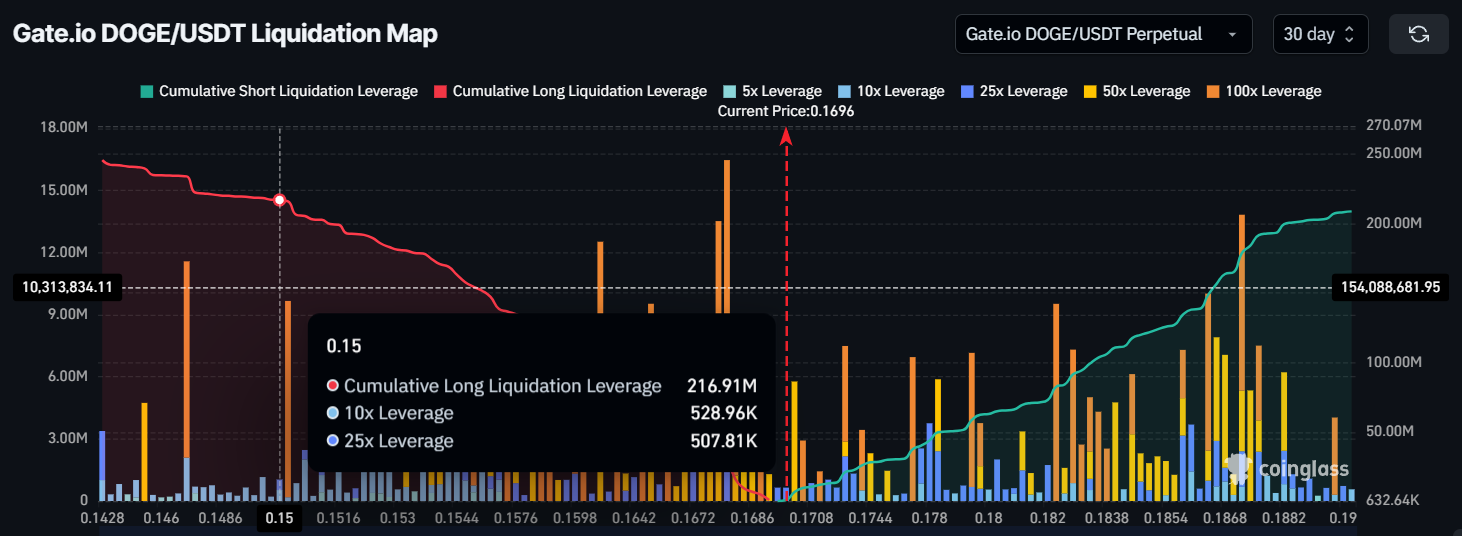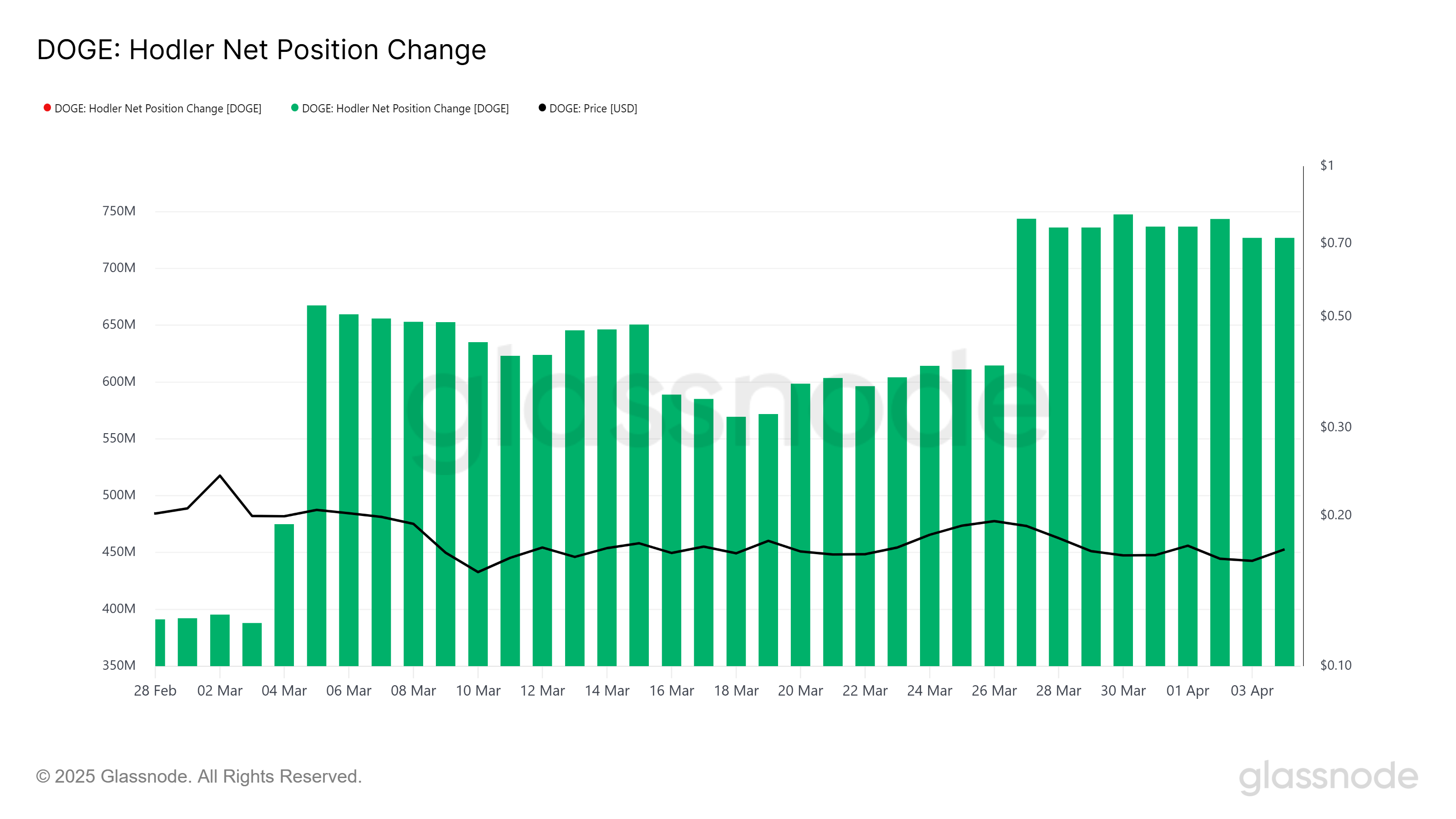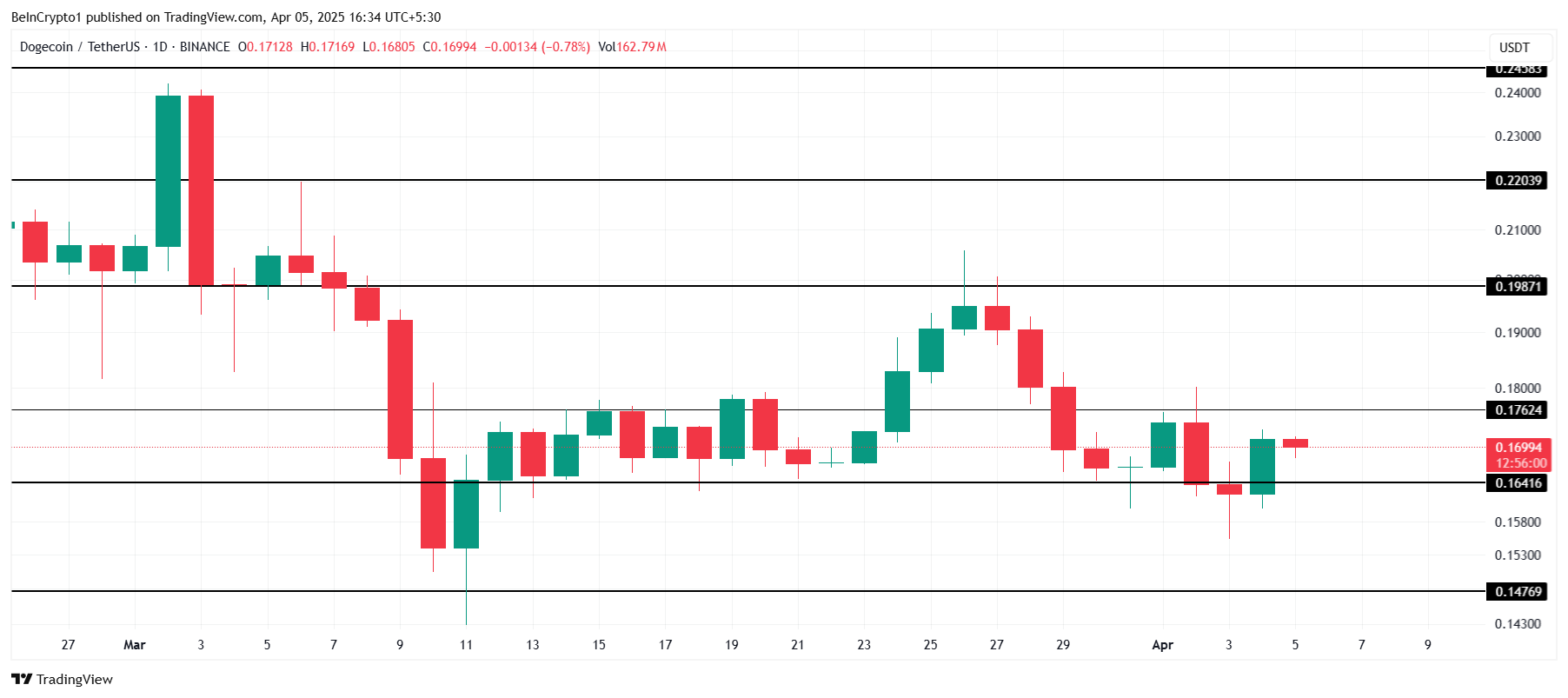In a recent interview on October 9, German parliament member Joana Cotar expressed her strong belief in Bitcoin’s potential to combat inflation and foster economic independence. As inflation continues to erode wealth, Cotar sees Bitcoin as a way to secure financial sovereignty for individuals in both developed and developing economies.
Bitcoin as a Shield Against Inflation
Cotar didn’t mince words when discussing inflation’s damaging effects on wealth. She called out inflation as a “silent thief” that slowly drains the purchasing power of people’s savings. With consumer prices rising, traditional fiat currencies often struggle to maintain value, making everyday goods and services more expensive. Cotar argued that Bitcoin, a decentralized currency free from government control, offers a critical solution.
“Inflation is stealing money from people every month,” Cotar stated. “Bitcoin is going to fix this. It’s about basic freedom rights for people, getting sovereignty back as individuals.”
Cotar emphasized that Bitcoin is not just a hedge against inflation but a way for people to manage their wealth independently, without relying on government-backed currencies or traditional banking systems. The decentralized nature of Bitcoin, which operates on blockchain technology, ensures that no single institution has control over the currency, making it resistant to inflationary pressures caused by poor government policies or excessive money printing.
Financial Sovereignty and Inclusion
In addition to Bitcoin’s role in safeguarding wealth, Cotar stressed its importance in fostering economic inclusion, particularly in regions where traditional banking services are inaccessible. Developing countries, where inflation and economic instability are rampant, stand to benefit the most from Bitcoin’s promise of financial sovereignty.
“The financial inclusion you get from Bitcoin, the economic sovereignty you get from Bitcoin – there are so many aspects why Bitcoin is good for the world,” Cotar remarked.
For millions of unbanked individuals across the globe, Bitcoin can provide access to financial services, offering a pathway to economic independence. By allowing users to store and transfer wealth outside of traditional financial systems, Bitcoin enables individuals to retain control over their funds, regardless of their geographic location or the state of their local economy.
Germany Cracks Down on Illegal Crypto Platforms
While Cotar praised Bitcoin’s potential, Germany has been taking a harder stance on certain aspects of the crypto industry. Recently, the country shut down 47 cryptocurrency exchange platforms accused of operating illegally. Authorities claimed that these exchanges allowed anonymous transactions without proper registration or verification, violating strict anti-money laundering (AML) regulations.
The crackdown is part of Germany’s ongoing efforts to combat financial crimes like money laundering and fraud. These platforms reportedly facilitated the anonymous trade of both fiat and digital currencies, making it easier for cybercriminals, including ransomware groups and darknet vendors, to launder large sums of money.
While Cotar advocates for Bitcoin’s role in promoting financial sovereignty, Germany’s actions underscore the need for strong regulation to prevent misuse of cryptocurrencies. Ensuring that Bitcoin and other digital assets are used responsibly remains a priority for governments worldwide as they grapple with the rise of decentralized financial systems.
Also Read: Bitcoin Eyes $100K – Can It Surge 60% From $62,260 This Uptober?
Joana Cotar’s support for Bitcoin highlights the growing recognition of digital currencies as tools for promoting economic independence and combating inflation. As traditional financial systems face increasing scrutiny, Bitcoin’s decentralized nature offers a compelling alternative for individuals seeking to safeguard their wealth. However, as Germany’s crackdown on illegal crypto platforms demonstrates, regulation will play a key role in shaping the future of Bitcoin and the broader crypto landscape.








